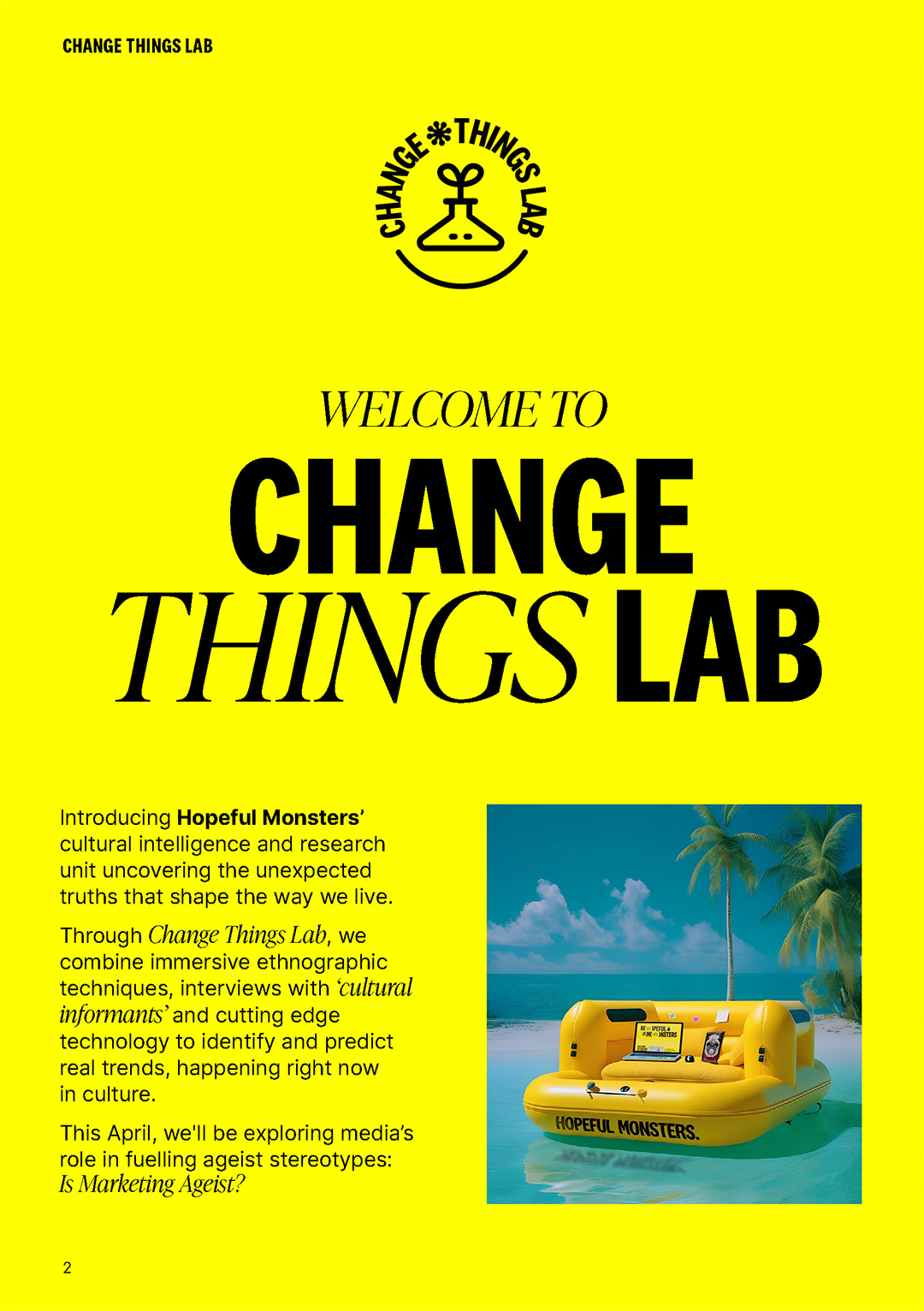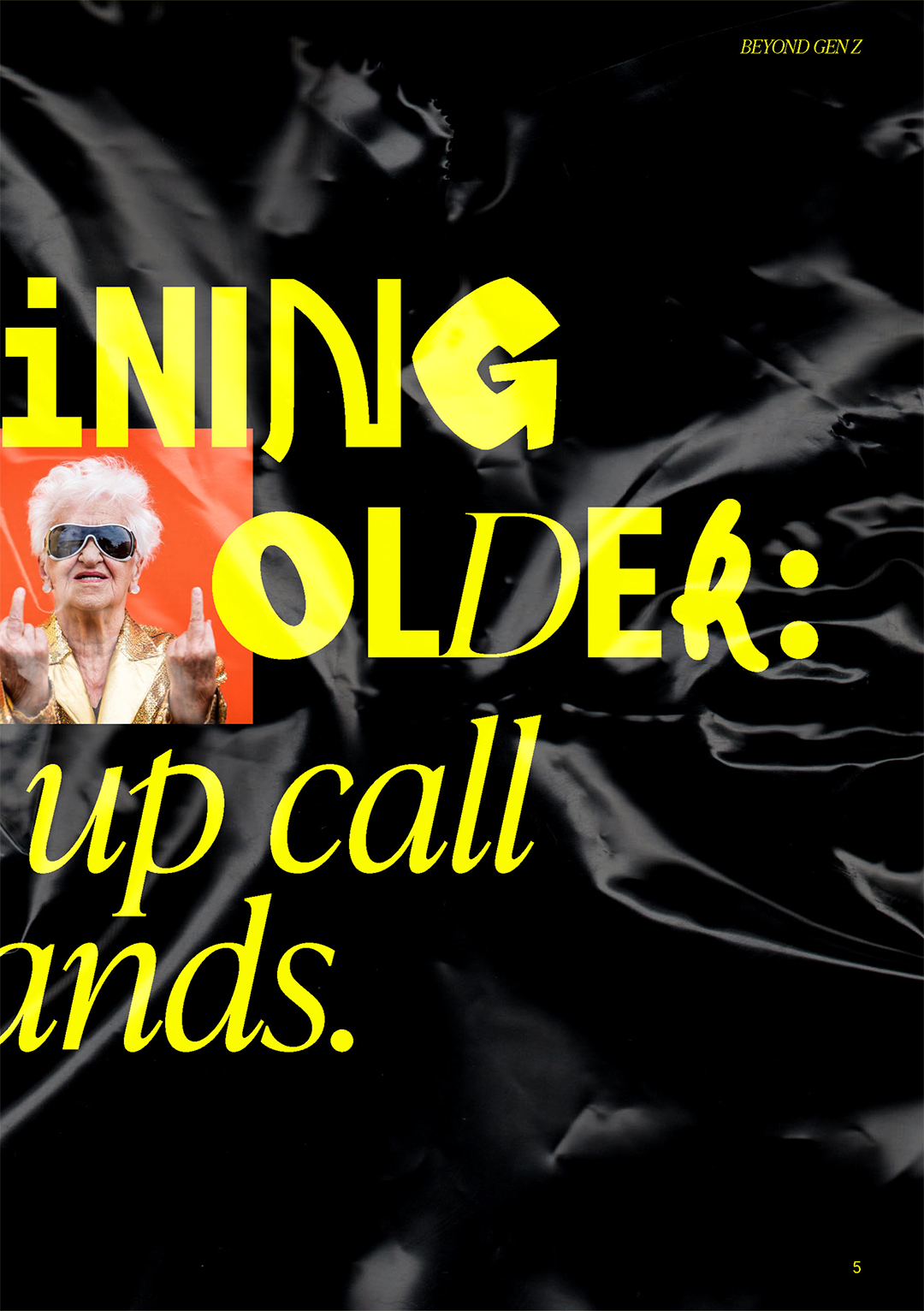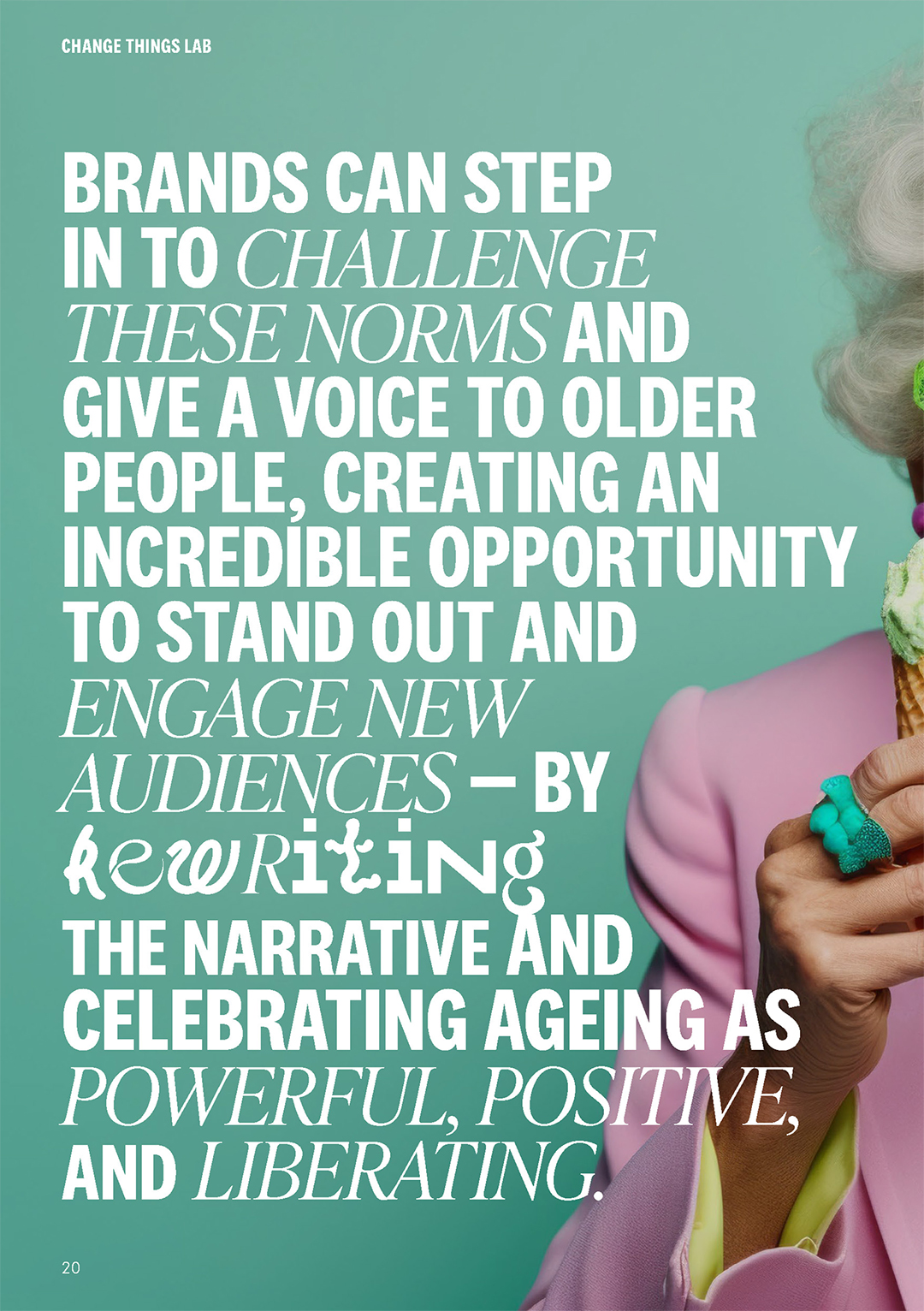July 1, 2025
And so it begins. See you in 20 hours…
As I wave my beloved iPhone goodbye, I’m off for a nap. Because it’s 3:45am on Saturday morning. And instead of 2 stepin’ to the dark and dirty psy-tech bass, blasting from an undisclosed Marrickville warehouse, I’m sitting in a 2x2 meter square. Taped out on the cold concrete floor of an overly lit warehouse in Alexandria, featuring 200 other humans in their own little spaces.
I’m about to spend the next 20 hours in silence, with no technology, no talking, no concept of time and definitely no arts and crafts, or books, or knitting. Just a chair, single swag, journal and my own thoughts.

Great question. My immediate response, would be that I’m taking part in 20Hours for 20Talk – a challenge run by 2 perth boys on a mission to reduce youth suicide rates by starting the conversation early and educating people about suicide prevention (Check out the really cool things they’re doing here).
Suicide is the leading cause of death for 16-25 year olds in Australia. And I, along with many friends and family have all experienced mental health to a degree. Even some who have attempted suicide themselves. So I saw this silence as the perfect opportunity to bring awareness to voices that aren’t in a place to speak out.
But the answer you really want to know? Honestly I don’t even know if I know - and I’m hoping I find out over the next 20 hours.
As this cold morning approached, it was a combination of curiosity and exploration that really intrigued me. As a 29 year old female graphic designer living in this hyper-connected world, I literally spend my life looking at a screen – whether I like it or not. And honestly, the thought of doing nothing for 20 hours and not having to answer my phone made me WAY more excited than it should.
So I put my name down, signed up to their research study and started the conversation with my friends and family. At first, no one really understood what or why. But that was kinda the best part.
Before I raised a single dollar, I had the chance to speak about mental health in a new light. A light that wasn’t full of worry or shame or despair. But an unprejudiced light that opened hearts and minds. Not to mention the love and support I received in the lead up to the challenge – I ended up raising $1500 that will go directly towards educating young people in schools and communities around Australia. Along with some hilarious and beautiful anecdotes…

I’ve just woken from a surprisingly solid sleep, to the deep, earthy sounds of a didgeridoo. The textured hum echoes through the space, slicing the silence and vibrating through sleepy bodies stirring around me. The primal call defines an immersive, trance-like energy. It’s hypnotic. It’s alive. It’s grounding. It’s a seriously underrated instrument. And what a way to wake up.
I just had a volunteer come round and ask how I was feeling out of 10 (1 = being the worst time of your life, 10 = being the best) – I put up 10 fingers with a huge grin plastered across my face. Because I actually got more sleep than I usually would have and woke up to some hectic didgeridoo bangers. What more could a girl want on her Saturday morning?
Our first meals were bought around in our cute little lunch boxes, and we ate while we heard from the founders of 20Talk - Lockie and Leighton. Two boys who have both experienced the devestating loss of loved ones from suicide first hand… and more than once or twice.
About 6 years ago they were sitting around the fire pit with friends and decided “this can’t happen again”. And so 20Talk was born. From small gatherings at the local pub, to huge interstate events featuring hundreds of humans curious and keen to make a change. Along came 20Hours – an event born from the idea that in our hyperconnected world, why are we feeling more disconnected and alone than ever?
20Hours encourages participants to connect back with themselves, without distraction and ask “what is really going on here?” A chance to give ourselves the space to feel and be bored.
Boredom plays a crucial role in our survival as human beings, both evolutionarily and physiologically. It’s important we allow ourselves and encourage younger generations to feel boredom, to give our brains space to explore. Be creative. And most importantly, feel our feelings.
As a perfectionist, a leo and people-pleaser, I tend to avoid conflict and often “Everything is fine, yep no problem! That’s SO fine. All good.”

And one thing my psychologist always used to say was “it’s important we feel our feelings, acknowledge they are there, and move on.” Some people like to call it ✨emotional regulation✨
And it is a genuine fear that in our world full of notifications, constant distractions and hypernormalisation (because "everything is fine”) that we will lose our ability to regulate our emotions. How does that affect us as children? At school? At work? In relationships? And most importantly, our relationship with ourselves?
Lockie and Leighton said something I keep hearing everywhere lately – ”Become comfortable being uncomfortable” – which says a lot more about what is happening right now than we think.
The idea that being uncomfortable to stimulate change, is derived from a feeling of complacency – the desire for something new or different. We are craving authenticity and tangibility.
The rise of film cameras, flip phones and vinyl collections. The cyclical Y2K low-rise flares, platform wedge thongs and capris. It’s making a huge cultural statement (and not just that 2010 Paris Hilton knew what was up). We are craving life like it used to be. Particularly the Gen Zers who have never even experienced life before smartphones, but are blessed with 480 unread notifications and immediate access to literally all information ever in history – bring back dial-up baby!
We have everything we have ever wanted and barely have to wait 30 seconds for it. But how does this affect our ability to deal with hardship when shitty things do happen?
Combined with our new non-existent emotional regulation skills, we are lacking patience, gratitude and understanding. It feels like life is a lot harder for Gen Z than it was for their baby-boomer counterparts. And besides the cost of living crisis, and fact they will likely never purchase a house – is it really harder or are we just not coping as well? Does Gen Z feel like their future really is out of their hands? And the cheap and fast dopamine doomscroll is totally valid?
Another cultural observation without too much of a tangent, is Australia’s recent uptake in dance music. Music has a significant impact on our bodies physiologically and emotionally, supporting our ability to self-regulate and process emotions.
It’s said that genres of house and trance share similar characteristics to the Mozart Effect. Our brains interpret repetitive, progressive instrumental patterns around 120-130 BPM. They’re present but unobtrusive. Consistent with our heartbeat, regulating our nervous system. They’re percussive and minimal, undistracted. Bringing your body to a state of flow.
Ever suddenly looked at the clock and it’s 2am? You’ve been working on this brand activation for 5 hours straight. It’s like you entered a black hole and time travelled to the early hours of Tuesday morning. Where did the time go? Yeah you can thank the sweet, sweet sounds that put your body into the ultimate state of relaxation.
It’s the perfect balance of effort and ease. And music isn’t the only space with this principle – think the effort and ease of a vinyasa flow, fem vs. masc energy, the yin and yang – it’s all about balance.
Isn’t it funny that Gen Z suddenly has an interest in mental health and acknowledging their feelings at the simultaneous rise of dance music? When did an escape to the bush become a form of therapy? Is this a way of searching for a means of emotional regulation? What better way to escape reality than go off-grid altogether.
They’ve just handed out lunch so it must be around 1pm(ish?), which means we’re past the half way point now! Surprisingly I don’t feel the need to make a peep yet (probs from all the journaling) but all in all feeling pretty good. I’ve done my yoga and stretching, ate a protein packed lunch, and have journalled so hard my arm hurts.
As I was eating, I couldn’t help notice how cool humans can be. Everyone sitting here in their little squares. Without prejudice. Without expectation. No judgement. All on their own journeys and for a bloody good cause.
Anyway the breathwork lady is here so off to do some breathing and reflection, see you on the flipside of enlightenment and all that jazz.
At some point in the afternoon, the boys brought in Dr Mark Williams, a cognitive neuroscientist and author of The Connected Species. He spoke about evolution of the human brain and the affect of screentime on humans, emotionally and physiologically.
He argues social media is essentially an advertising tool - not just for brands, services and businesses, but for ourselves. This is particularly dangerous for children who are raised in a world where they’re taught to believe the only way to make friends is by advertising yourself. Evidently there is direct correlation between screen time and anxiety, depression and ADHD diagnosis. He emphasized that even though our brains are biologically the same as they were 100,000 years ago (besides a slight decrease in size due to less-nutritional food consumed today) - the way we connect has changed dramatically and not for the better.
We as humans evolved as the dominant species on this earth due to our unique ability to connect, communicate and empathise with each other – something that no other species on this planet has the capacity to do.
Empathy makes us human.
But with a significant increase in screen time – we are socialising far less, feeling disconnected and lonely. And for the first time ever, our IQ is decreasing – a possible sign of de-evolution.
But the human brain is like plastic. We’re highly adaptable. And we don’t ever actually see the world as it really is – our brains are constantly making sense of inputs and illusions. And the way we perceive our world is determined by our experiences and evolution as individuals. However the more of life we experience on screens in a flat, 2D space, the less interesting and purposeful our 3D world becomes. A dystopian disconnection that fuels anxiety and mental health challenges.
However there is hope for our future generations. With Apple’s commitment to get us off screens through voice-activated AI tools and wearable devices, we will (hopefully) be seeing less smart screens and more thoughtfully articulated commands in the next 5-6 years.
But it was also filled with some note passing between spaces, where a 40 minute window was open to anyone who wanted to write a little message to their neighbour to say hello. Everyone was a little hesitant at first, but then the notes started flowing from all directions. All sweet, and full of hope and support for one another. Some asking how my day was, some asking what bought me here and some simply complimenting my yoga flow from this morning.
Then, some time after came the eye gazing exercise. We all knew it was coming, but we didn’t know it would be so late into the 18th hour. At this point, I was actually very much asleep. Haha
We had a big day. Crazy amount of journaling, some introspection, lots of reflection and not to mention, it was past my bed time. So I do have to preface, the idea of sitting in silence for 20 hours although very serene, it was also very intense. Letting yourself just “be” and thoughts flow, having the space to fully think them through was an incredibly interesting exercise. And I felt like I finally had space to articulate how I was feeling and thinking about what’s going on in the world. But it definitely wasn’t easy by any means, and surprisingly quite exhausting.
So I chose to stay in my cozy makeshift bed and watch along with some other sleepy heads. For the next 15 minutes, an emotive, deep bass boomed through the space as we watched the other half of our friends wander slowly but surely, and gaze into each others’ eyes. In silence. Tears were flowing. Smiles were forming. And the raw energy in the air was contagious. I began to tear up. What can I say, I was feeling all those feels too… There were so many experiences and journeys unspoken but shared in that silence, and watching it unfold was another level of special.
Do you know how a single smile from a stranger feels after 20 hours of silence?
Grounded. Grateful. Relieved. Intrigued. Experimental. Confident. Valued. Acknowledged. Warm. Understood. Loved. Overwhelmed. Empathetic. And most of all, humbled.
As the gong sounded symbolising our 20 hours were up, a raw erupted and echoed through the space. A space which was once silent, now filled only with wet eyes and wide smiles. The new energy was vibrant and all consuming. We reflected, shared our insights and supported others. Cheered some on and hugged others goodbye.
We walked out of that warehouse with all the feels. And that’s okay. Because empathy makes us human. And us humans are constantly trying to connect. To each other. To ourselves. And the dots that make sense of the inputs and illusions that make our world interesting.
Make space for yourself, make space for your mates, and make space for the uncomfortable.
PS. If you’d like to support 20Talk’s mission to reduce youth suicide and educate Aussies around mental wellbeing, you can donate here.

























